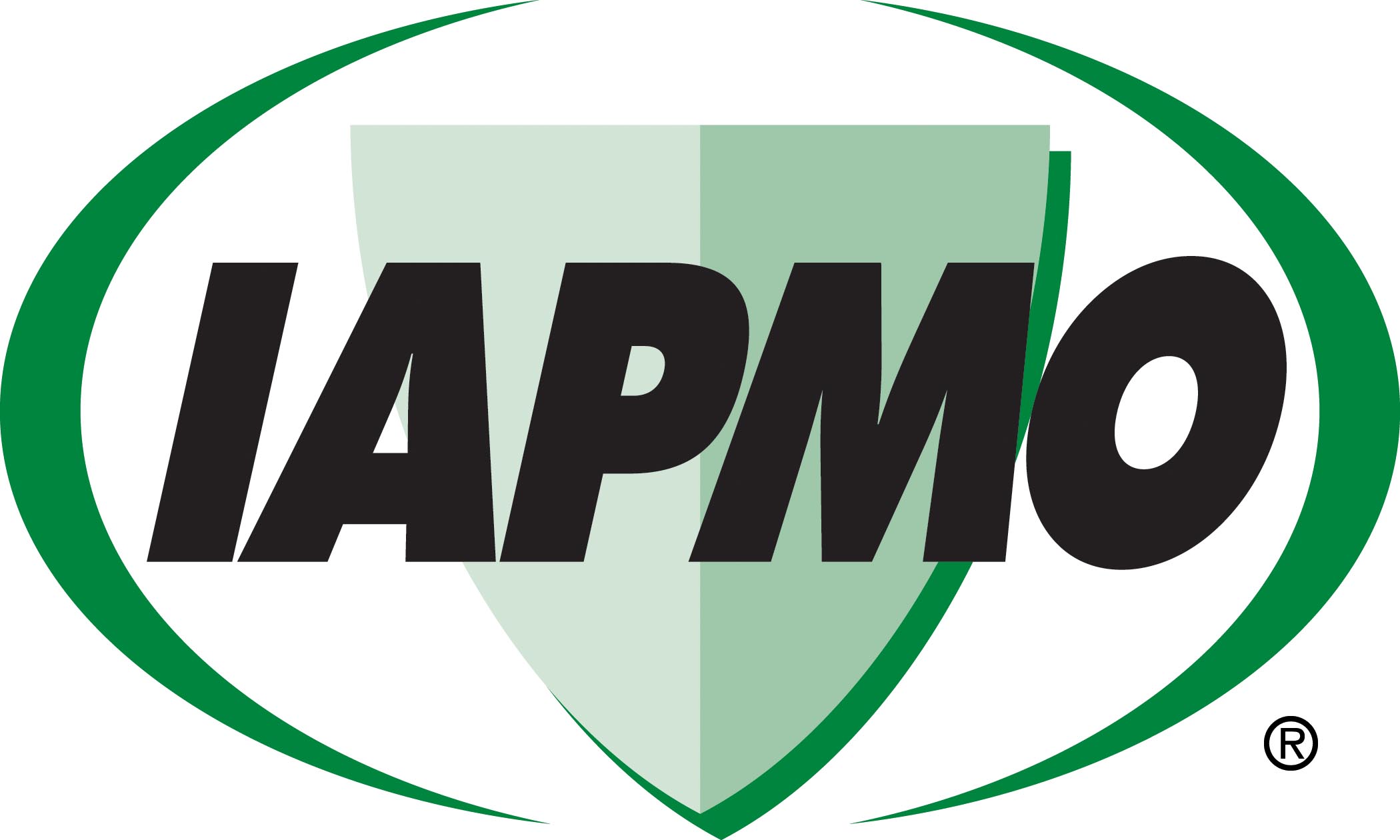Ontario, Calif. — With the U.S. Environmental Protection Agency (EPA) issuing the first national drinking water standards for per- and polyfluoroalkyl substances (PFAS), the International Association of Plumbing and Mechanical Officials (IAPMO®) continues to lend its expertise and leadership to helping manufacturers and the industry navigate the changes and ensure a seamless transition.
IAPMO’s subject matter experts will participate on committees and working groups for numerous relevant standards, including NSF/ANSI/CAN 61: Drinking Water Components — Health Effects; NSF/ANSI 53: Drinking Water Treatment Units — Health Effects; NSF/ANSI 58: Reverse Osmosis Drinking Water Treatment Systems; and ASSE LEC 2006: Point of Entry Reverse Osmosis Systems. IAPMO strongly encourages manufacturers of applicable products to join the process to ensure their voices are heard as these important standards are updated. The EPA has provided a fact sheet on home filters to reduce PFAS levels.
In addition, IAPMO has published documents with vital information plumbing and product manufacturers need to know before the restrictions become mandatory, including an overview of the standards development process and how to get involved. There is also an opportunity to sign up for notifications about committees and updates. The information is available at https://iapmort.org/pfas-compliance-guide.
“The EPA rule means five PFAS chemicals will be added to the pass/failure requirements in the NSF/ANSI 61 standard. It’s a significant change,” IAPMO Chief Technical Services Officer Tom Palkon said. “IAPMO R&T is already equipped to provide testing to standards that govern products that may be affected by this new rule. We welcome questions and concerns from manufacturers that seek clarity.”
Exposure to PFAS, also known as “forever chemicals,” has been linked to an increased risk of certain types of cancers, impacts to the immune system and thyroid, and reproductive and developmental effects.
This final rule represents the most significant step to protect public health under EPA’s PFAS Strategic Roadmap. The final rule will reduce PFAS exposure for approximately 100 million people, prevent thousands of deaths, and reduce tens of thousands of serious illnesses. The announcement complements President Biden’s government-wide action plan to combat PFAS pollution. This Final Rule will impact more than 66,000 public water systems by 2027, these public water systems must monitor and provide three years of initial monitoring. By 2029, these systems will have five years to implement solutions to reduce PFAS, and these systems where drinking water violates one of more MCLs must take action and must notify the public of the violation.
The rule establishes legally enforceable levels for several PFAS known to occur individually and as mixtures in drinking water. It sets limits for five individual PFAS: PFOA, PFOS, PFNA, PFHxS, and HFPO-DA (also known as “GenX Chemicals”), as well as a limit for mixtures of any two or more of four PFAS: PFNA, PFHxS, PFBS, and “GenX chemicals.” By reducing exposure to PFAS, this final rule will help advance public health and safety.
The EPA’s free Water Technical Assistance program (WATERTA) is providing support and access to federal funds of underserved and disadvantaged communities to comply with the new Rule. The EPA also will offer a free webinar April 30 on various aspects of the Final Rule. Manufacturers have long trusted IAPMO R&T for its foresight in assisting them to meet the dynamic legislative demands on their water treatment products, faucets, valves, fittings and other products that contact drinking water. IAPMO R&T has been certifying products to be in compliance with standards governing their use since 1936.

IAPMO
IAPMO develops and publishes the Uniform Plumbing Code®,the most widely recognized code of practice used by the plumbing industry worldwide; Uniform Mechanical Code®; Uniform Swimming Pool, Spa and Hot Tub Code®; and Uniform Solar Energy, Hydronics and Geothermal Code™ — the only plumbing, mechanical, solar energy and swimming pool codes designated by ANSI as American National Standards — and the Water Efficiency Standard (WE-Stand)™. IAPMO works with government, contractors, labor force, and manufacturers to produce product standards, technical manuals, personnel certification/educational programs and additional resources in order to meet the ever-evolving demands of the industry in protecting public health and safety.
Last modified: April 30, 2024

